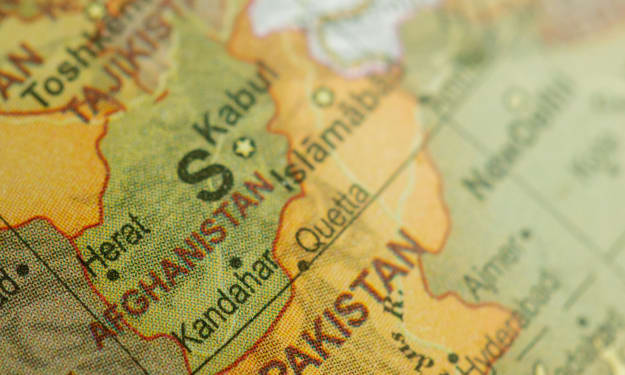The rise and fall of the medieval Islamic Empire
Triumphs, Turmoil, and Transitions: Unraveling the Dynamic Story of the Medieval Islamic Empire

In the seventh century CE, one man began a chain of occasions that would impact the world request for good. The prophet Muhammad joined individuals of the Bedouin Promontory through the development of Islam. These individuals included both migrant Bedouin clans and the occupants of desert spring urban areas like Mecca and Medina. Until Muhammad's time, the locale hadn't been viewed as a serious counterpart for the strong adjoining Persian and Byzantine domains. Be that as it may, the union Muhammad framed was political as well as strict, a domain with Medina as its political heart and an amazing powerhouse. Muhammad was a stand-out pioneer. He had been an individual from the Quraysh, the clan that controlled Mecca. After Muhammad's passing, those near him thought who ought to succeed him — a combative inquiry. Abū Bakr, Muhammad's father by marriage, arose triumphant and turned into the new caliph, or replacement. Over the course of the following 30 years, four caliphs, all from Muhammad's clan, vanquished tremendous regions past Arabia, including their strong neighbors, the Persians and the Byzantines. However, as the domain extended, disagree inside it developed and a nationwide conflict emitted. The fourth caliph, Ali, was killed. A short time later, the Umayyad Line came to drive. The Umayyads were from a similar clan as Muhammad, however from an alternate, rival group. They broadened the domain's scope from present-day Spain to India and made Damascus their capital. In any case, a realm this immense, brimming with a wide range of people groups, was in danger of contention and break. The Umayyads balanced out it by supplanting the decision world class in vanquished domains with Muslim authorities, while generally permitting the everyday traditions of neighborhood populaces — including their strict inclinations — to proceed. Arabic was utilized as the authoritative language, bringing together political undertakings across the domain, however individuals proceeded to communicate in and compose neighborhood dialects, as well. In any case, numerous in the realm were disappointed with Umayyad rule and scrutinized the tradition's authenticity. The Abbasid family benefited from these feelings, advancing themselves as more straightforward relatives of the prophet, however their genuine connection to Muhammad was more questionable than they guaranteed. They ousted the Umayyad caliphate in 750 CE, turning into the second extraordinary administration of the Islamic Domain. To lay down a good foundation for themselves as the new rulers, they moved the capital again, this time constructing another city: Baghdad. Under Abbasid rule, the tip top partook in a way of life of extravagance, because of broad exchange networks that brought the two items and individuals from everywhere the well explored regions of the planet to Baghdad. Byzantine, Persian, Indian and Middle Easterner societies and information blended, prompting creative and logical progression. The caliph was well off and strong past creative mind. In any case, there was never an unmistakable line of progression directing who might turn into the following caliph. Any male relative of the previous caliph was qualified, so siblings, nephews, and uncles battled to acquire power. Inside the court, armed force officials, spouses, mistresses, and government authorities generally requested their portion of the depository. Since the caliph relied upon his escort to remain in power, each progress of rulership opened the entryways for partiality and debasement. Outside the court, many scrutinized the authenticity of the caliph, noticing that the caliph's strict obligation to moral greatness was in conflict with the court's debauched showcases of riches. In 1258 CE, the Mongols moved toward Baghdad. They experienced little obstruction as they completely annihilated the city. Rumors have spread far and wide suggesting that they moved the caliph in a floor covering and had ponies stomp on him to death, and that the Tigris Stream ran dark from the ink of the original copies that were tossed into it. The attack of Baghdad revealed a longstanding reality: for a really long time, the caliphs had managed for the most part emblematically. Nearby pioneers all through the realm had developed all the more impressive, and they wouldn't make good on charges, spending the cash on their own courts all things considered. The hour of one joined Islamic Realm was finished, yet its impact through composed and communicated in Arabic, Islam, and the thoughts of its most prominent scholarly people, made history.





Comments
There are no comments for this story
Be the first to respond and start the conversation.